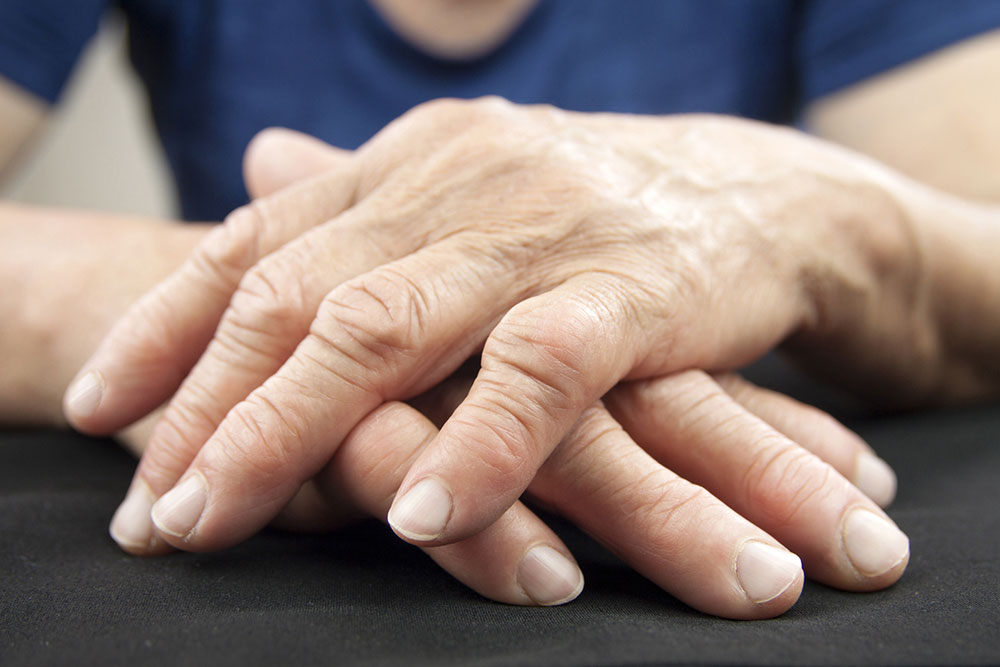Essential Strategies for Managing Parkinson’s Disease Effectively
This comprehensive guide covers effective management of Parkinson’s disease through medication, dietary choices, therapies, and surgical options. Early treatment, supportive therapies like occupational and speech therapy, and lifestyle changes can significantly improve patients’ quality of life. Understanding risks and benefits associated with treatments such as deep brain stimulation helps patients make informed decisions. Implementing strategies for symptom control and overall well-being is crucial for living well with Parkinson’s.

Comprehensive Strategies for Living with Parkinson’s Disease
Understanding Parkinson’s and Managing Its Symptoms
Treatments for Parkinson’s can lead to side effects like dyskinesia—uncontrollable jerky movements. The aim is to reduce symptoms while limiting adverse effects over time. Early initiation of therapy after diagnosis can significantly enhance quality of life. Delaying treatment may cause quicker deterioration in health and well-being.
Dietary Strategies That Support Parkinson’s Management
Constipation frequently occurs; increasing fiber and fluid intake—aiming for six to eight glasses daily—helps promote healthy digestion. Warm early-day beverages may stimulate bowel movements.
Foods rich in antioxidants such as green vegetables, legumes, whole grains, and oats bolster overall health.
Certain medications may lead to low blood pressure; adding more salt can help maintain stability.
Limiting caffeine and alcohol intake prevents dehydration and stabilizes heart rate.
Smaller, frequent meals and proper timing aid digestion. Evening muscle cramps can sometimes be eased by consuming yellow mustard with turmeric or tonic water containing quinine.
Therapies Supporting Parkinson’s Care
Occupational therapy assists in addressing daily challenges, helping patients perform tasks safely and efficiently.
Therapists help create safe home environments and develop strategies to preserve independence.
Speech therapy tackles swallowing (dysphagia) and speech issues, offering exercises to improve communication and safety during meals.
Additional Complementary Therapies
Massage therapy reduces muscle tension and promotes relaxation.
Tai Chi uses slow movements to enhance flexibility and balance.
Yoga supports mobility and strength.
The Alexander Technique focuses on posture and muscle use to decrease strain and discomfort.
Meditation alleviates stress and eases muscle tension by promoting mental calmness.
Medications to Minimize Dyskinesia
Amantadine may be prescribed to control involuntary movements, tremors, and stiffness.
Its use should be guided by a healthcare professional due to potential side effects like dizziness or nausea.
Risks Linked to Deep Brain Stimulation Surgery
Possible risks include stroke, infection, device failure, or mood alterations, which usually resolve within weeks.


